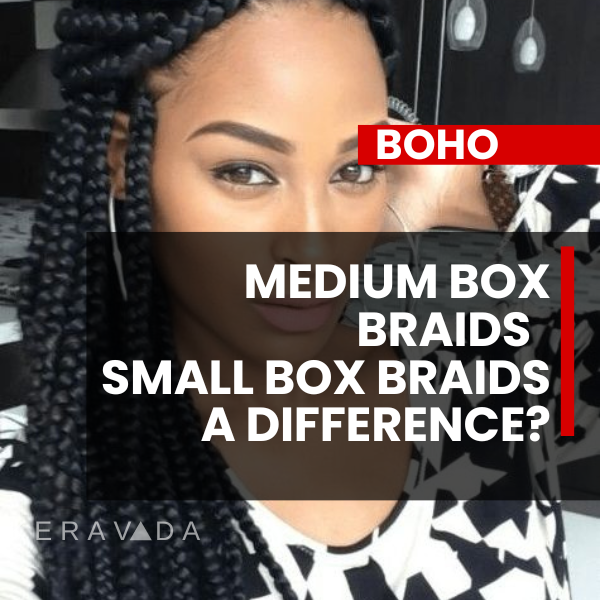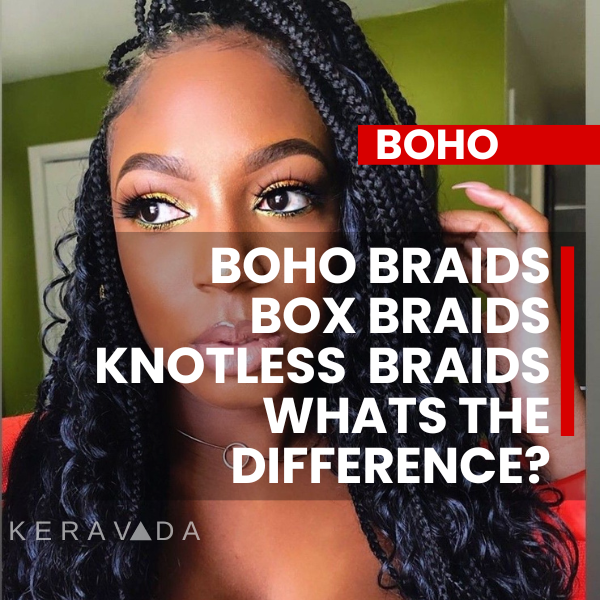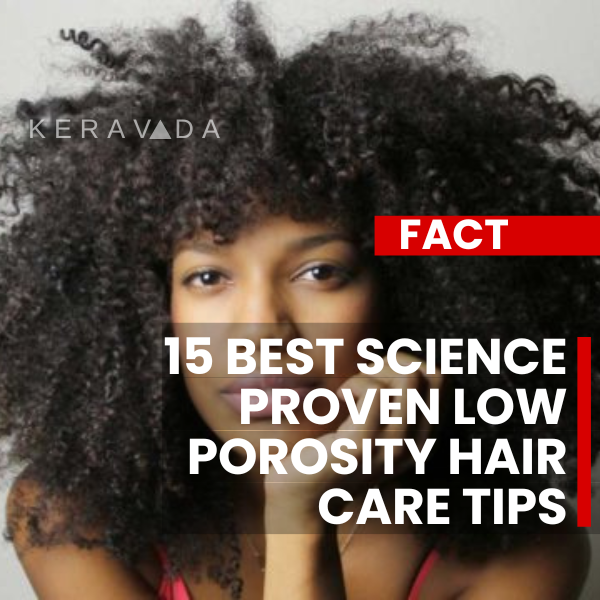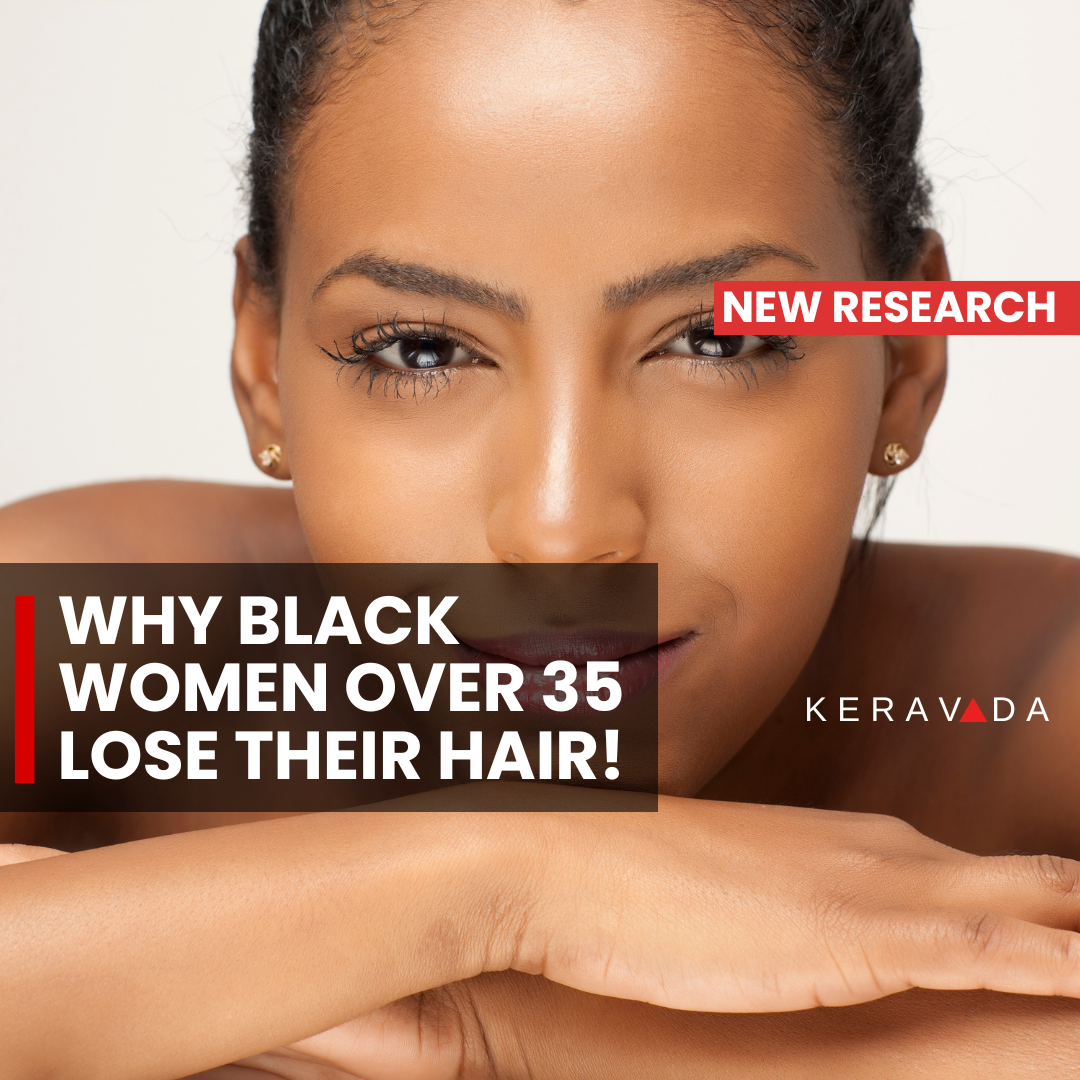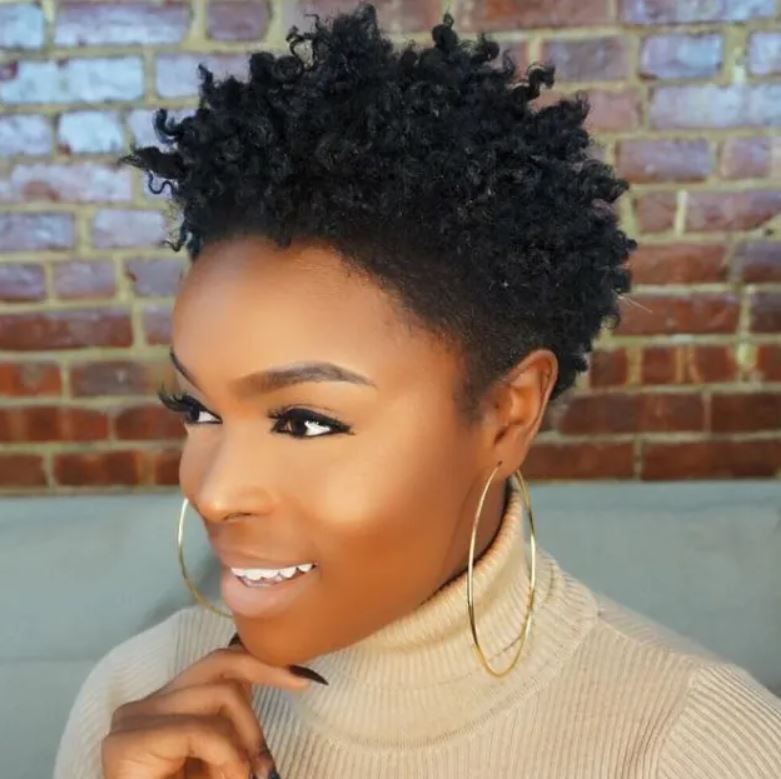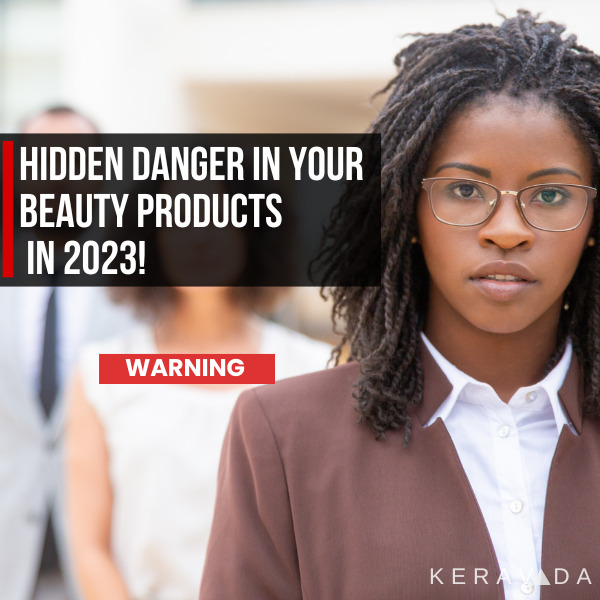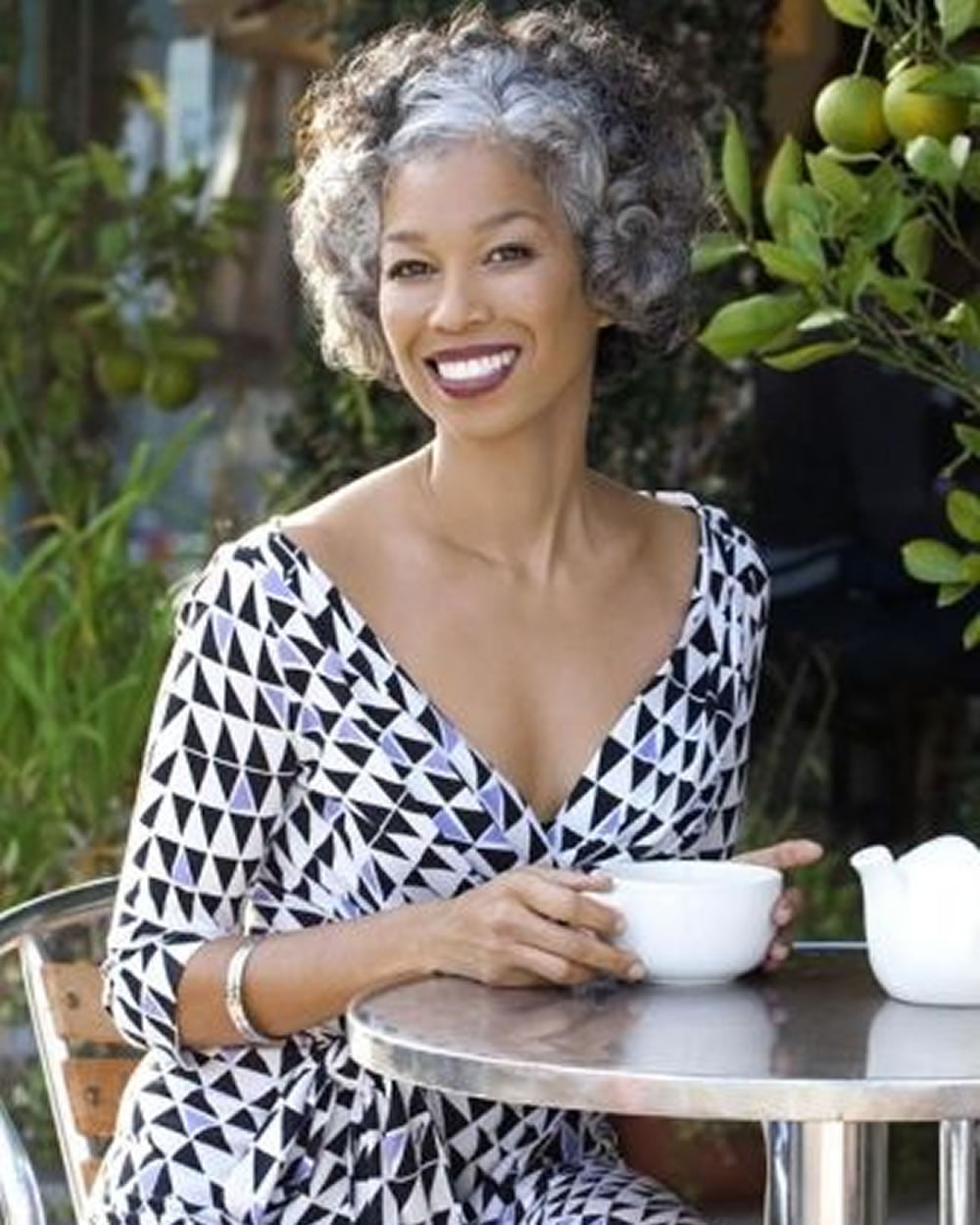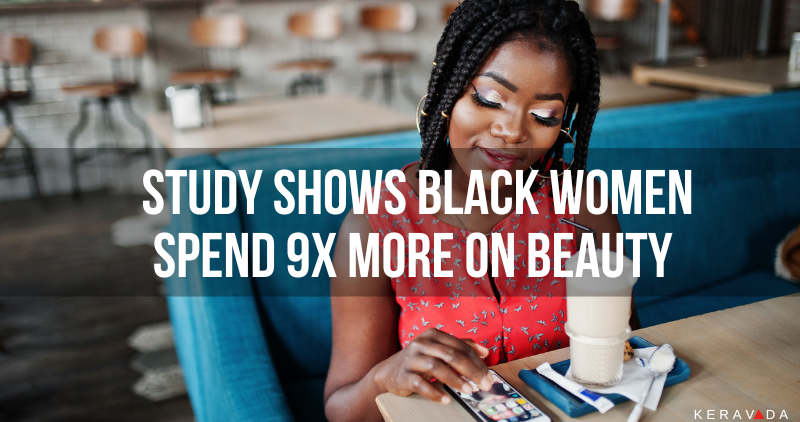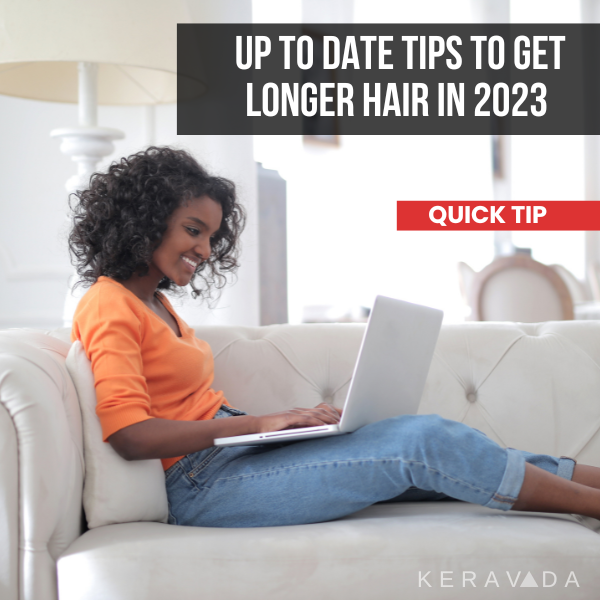Most Recent Articles
-
Exploring the Allure of Box Braids: Medium, Knotless, and Small Styles Box braids have long been a staple in Black women's hairstyling, celebrated for their versatility, protective qualities, and cultural significance. Among the plethora of styles, Medium Box Braids, Medium...
-
Boho Braids: The Essence of Style and Heritage for the Modern Black Woman In the vibrant world of hair fashion, boho braids stand out as a breathtaking symbol of creativity, cultural heritage, and effortless elegance. Revered by Black women, these...
-
Discovering the Essence of Your Hair's Porosity Each strand of your hair holds a story, a unique journey of resilience and beauty. The porosity of your hair isn't just a term—it's the essence of how your hair interacts with the...
-
If you have 4C hair, then you know that managing it can be quite a challenge. One of the biggest concerns for those with this hair type is hair breakage and shedding. 4C hair is fragile and prone to breakage,...
-
Hair has always been a topic of great importance in our society, with both men and women investing time, money, and effort into maintaining the perfect hairstyle. However, when it comes to natural hair, things can get a little complicated....
-
Introduction: As African American women age, their hair goes through a natural process of graying, which can be a beautiful and graceful change. However, as hair goes gray, it can become more fragile, prone to breakage, and dryness, especially for those...
-
Introduction: Hair loss is a common concern for many black women over the age of 35. While genetics and hormonal changes are often cited as the main culprits, there are also several surprising hair care practices that can contribute to...
-
For many people with afro-textured hair, achieving length and maintaining hair health can be a challenge. Despite the growing popularity of natural hair, many individuals with afro-textured hair still struggle with hair that won't grow, breakage, and other common...
-
Introduction: Beauty products play a significant role in the daily routines of many African American women. While these products can help enhance confidence and promote self-care, it is crucial to be aware of harmful ingredients in some of these products...
-
Natural hair requires a different approach when it comes to hydration compared to other hair types. Its tightly coiled texture and tendency to be dry make hydration a crucial aspect of maintaining healthy, defined curls. In this ultimate guide, we'll...
-
"Unleash Your Curls: The Ultimate Guide to a Radiant Natural Hair Care Routine for African American Women" Are you tired of dull, damaged, and frizzy hair? It's time to embrace your natural curls and give them the love and care...
-
Introduction: According to a recent report, Black consumers in the United States are spending nine times more on beauty products and services than other ethnic groups. The report highlights the significant role Black consumers play in driving the beauty industry's...
-
It's important for an African American woman to take care of her hair if she want her hair to look and feel its best. Finding the correct hair care routine

